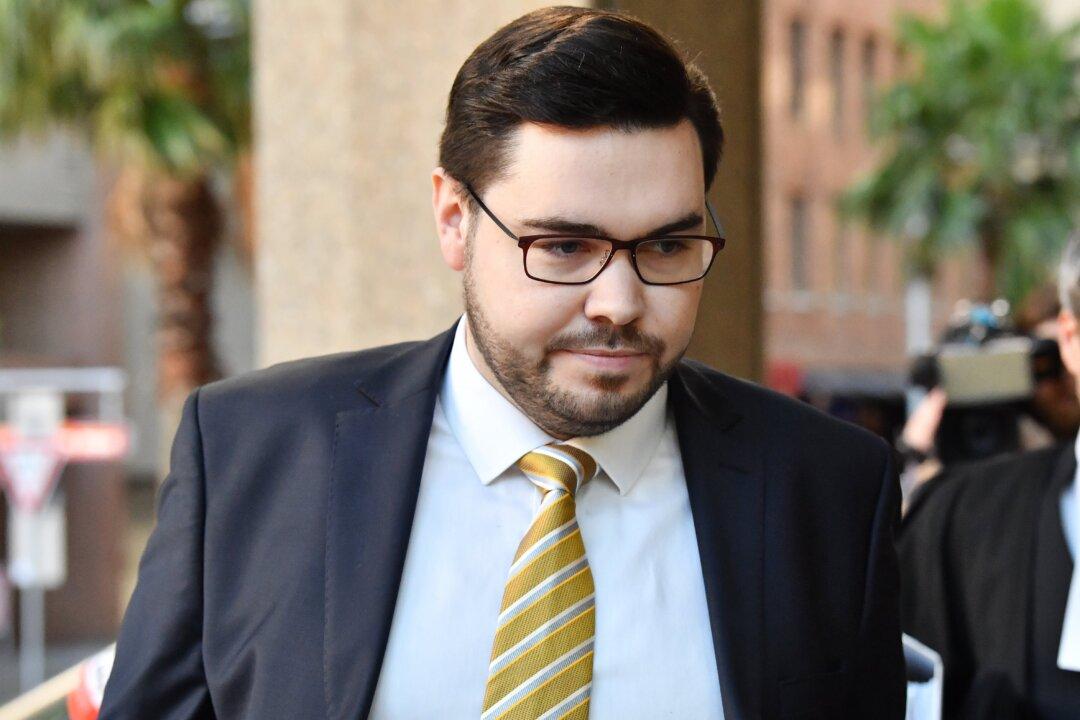The Australian Capital Territory (ACT) government has passed two significant changes to its jury laws: accepting majority decisions of 11:1 in criminal trials, and criminalising jurors’ independent search for trial information, such as through online queries.
The changes come in the fallout of the Bruce Lehrmann trial, which was abandoned after it was found one juror conducted their own independent research.





